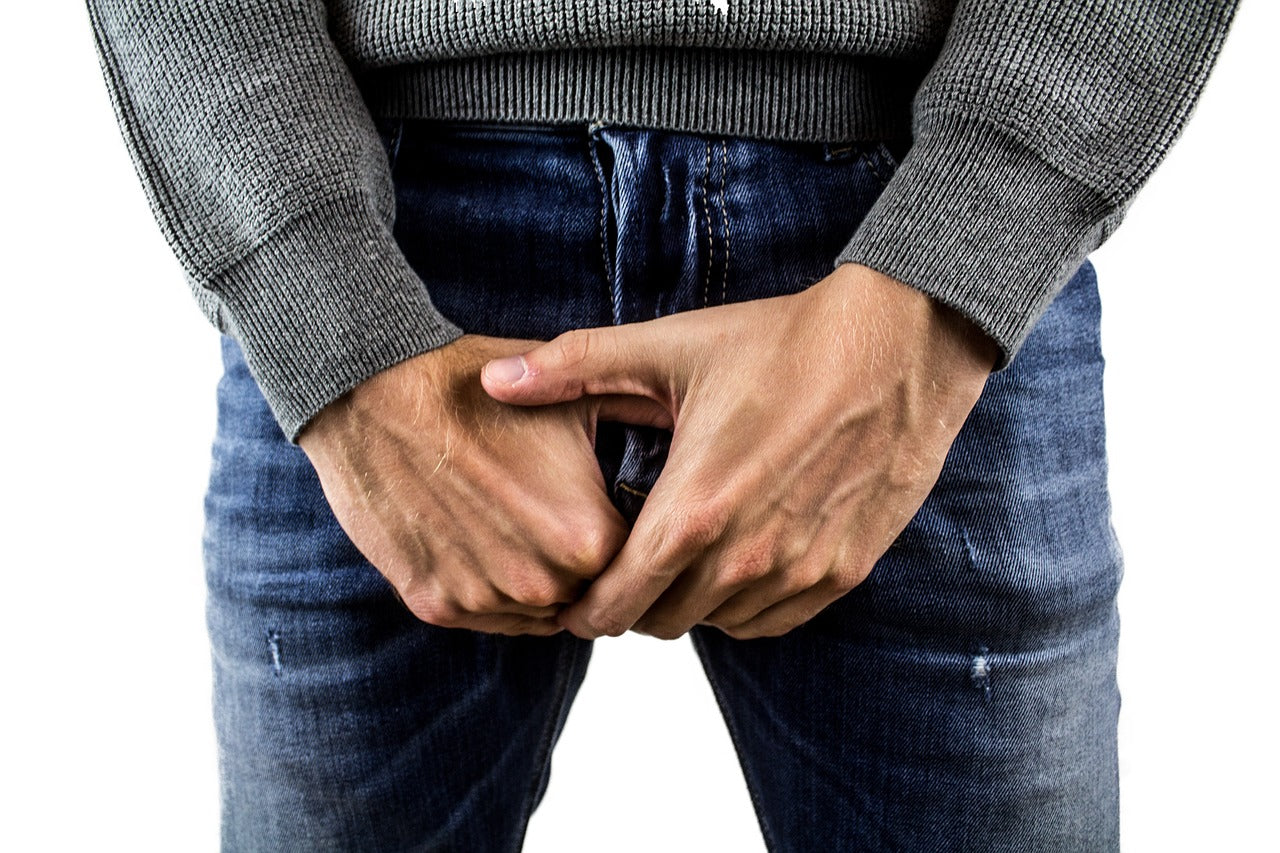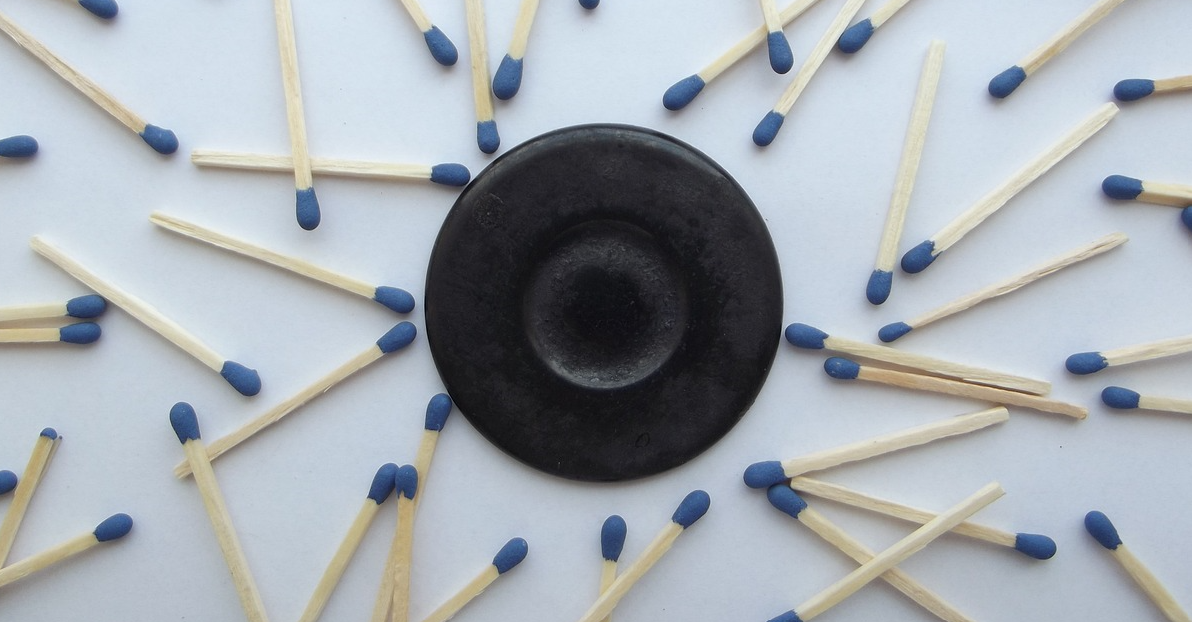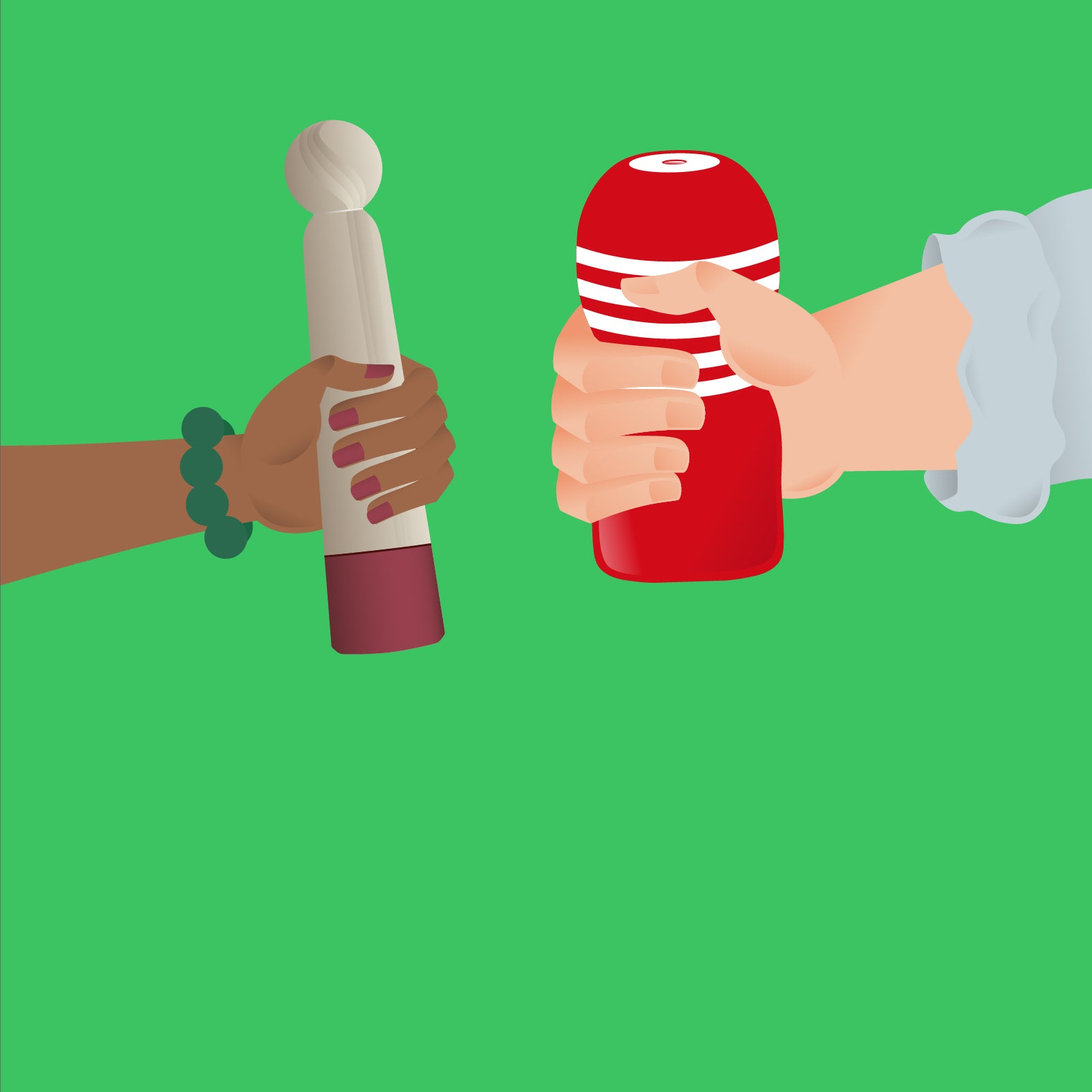
Erections: Understanding the Basics
If you possess a penis, chances are you've experienced a few erections already. They occur from as early as birth (sometimes even before!), all the way into adulthood. But have you ever wondered about the causes behind erections, their frequency, duration, or even those seemingly random appearances? Well, you are in luck because whether you seek a deeper understanding of your own body or simply wish to expand your knowledge on the subject, in this article, we’ll take a look at the basic information about erections.
CONTENTS
What Causes Erections?

Contrary to popular belief, getting an erection doesn't begin in the penis but in the brain. When a person with a penis becomes sexually aroused, either through physical or mental stimulation, the brain sends a signal to the penis, instructing it to relax and allow blood to flow in. This blood flows into two chambers known as the corpora cavernosa, which are filled with blood vessels that absorb the influx. As these blood vessels fill up, the penis becomes firmer, resulting in an erection. The stimulation that triggers an erection can arise from various sources, including exposure to sexual content through media like TV shows, movies, or even spontaneous sexual fantasies. Moreover, physical triggers such as kissing, touching the penis, or stimulating other sensitive areas can also induce erections through sexual arousal.
When it's time for the blood to exit the penis, certain muscles inside tighten and restrict the blood flow into the penis, enabling the previously trapped blood to be released back to the body without more blood taking its place This is how the penis returns to its original flaccid state.
Now, there are times when the penis gets hard for seemingly no reason and it feels like it happens at the worst possible times. These seemingly spontaneous erections are sometimes known as a "no reason boner" or "the why boner". While they give the impression of randomness, these erections are not actually random. They can occur due to fluctuating testosterone levels which is why they happen more often to teenagers and younger adults.
How Often Should Erections Occur?

Now that we understand how erections occur, it's natural to wonder how often they should happen in a day. The honest answer is that it varies from person to person. There is a wide range of frequencies at which a person with a penis can experience erections and still be considered healthy. It's even perfectly normal not to have an erection every day, as long as it doesn't interfere with your ability to engage in sexual activities.
During sleep, the frequency of erections typically ranges from three to six times, again depending on the individual. This is due to You may have heard of these erections referred to as "morning wood" due to some individuals waking up with a full erection. As of writing this article, scientists are not fully sure why erections occur during sleep but have a couple of theories such as raising hormone levels during REM sleep and night-time stimulation.
How Long Should an Erection Last?

As with the frequency, the duration of an erection can also vary among individuals. However, if your erection lasts longer than four hours, it's generally advisable to consult a doctor. Prolonged erections beyond this timeframe can become dangerous due to tissue damage occurring in the penis and potentially lead to permanent erectile dysfunction. Therefore, caution is essential when using medications or supplements that prolong erections.
Summary
Erections are initiated by signals from the brain and occur when a person becomes sexually aroused. They can be triggered by physical or mental stimulation, although sometimes “random” erections can happen due to hormonal changes. Although it is normal for the frequency and duration of erections to vary from person to person, persistent difficulties or prolonged erections should be addressed by a medical professional.





